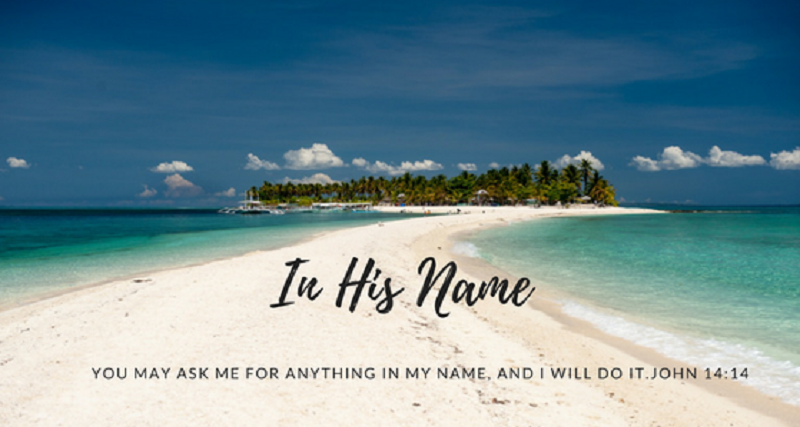This past week we were summoned to a meeting at the Board of Education for what was to be a "Pandemic training." I have to admit, the e-mail didn't spark much interest and I only attended because the subject line said "mandatory." The presenter spoke about the possibility of a pandemic flu that may strike the world due to an increase of the bird flu. From the way she spoke, such a possibility appeared to be imminent. It was not a matter of if it would happen, she said, but when.
We were told that we were now at Level 1 of this crisis, which is educating personnel on what to expect when the flu hits. A video was shown, instructing us on how to prevent the spread of germs by sneezing into our sleeves (instead of on the person nearby, or into our hands and then shaking someone's hand), and of course, by hand washing. Then we were given the comforting news that a vaccine was being developed, but most likely it would not be ready in time, however there were sufficient antibiotics available.
I came away from the meeting feeling just mildly concerned. After all, the Bible does speak of pestilences coming upon the face of the earth and one fourth of the earth will die (Revelations 6:8). Could this be it? My concern increased that evening when Yahoo carried a news item on the pandemic flu. But what really lit my fire was this section of the report: a task force comprising personnel from prestigious universities, the military and government agencies has decided to draft a policy for doctors and hospitals, outlining who should be allowed to die in the event of a pandemic flu. Heading the list was the elderly, followed by those who had been in car crashes or who suffered burns, then those suffering from chronic diseases and last of all, the mentally ill, including Alzheimer's patients.
"Emotionally difficult", "battlefield decision", "minefield" and other terms were used to describe the compiling of such a policy. But how about a policy that demonstrates "love", "compassion" and "doing unto others as you would have them do unto you?" I understand that in the event of a global catastrophe many people will die, but why should anyone assume the "Godlike" authority of determining who lives or who dies?
This ethical dilemma is not a new one. It has affected single families many times over, and will continue to do so. But when this decision has to be made on a global basis, one wonders if we are not standing on the verge of the fulfillment of Bible prophecy. In the event of such a crisis presenting itself, I am prepared to die if need be so that my children and grandchildren may live, but that is my decision. And that's the way I think it ought to be. Not some faceless person in some part of the world deciding that I should die because they may or may not have enough medication for someone else. Jesus said, "Therefore, whatever you want men to do to you, do also to them, for this is the Law and the Prophets" (Matthew 7:12).
